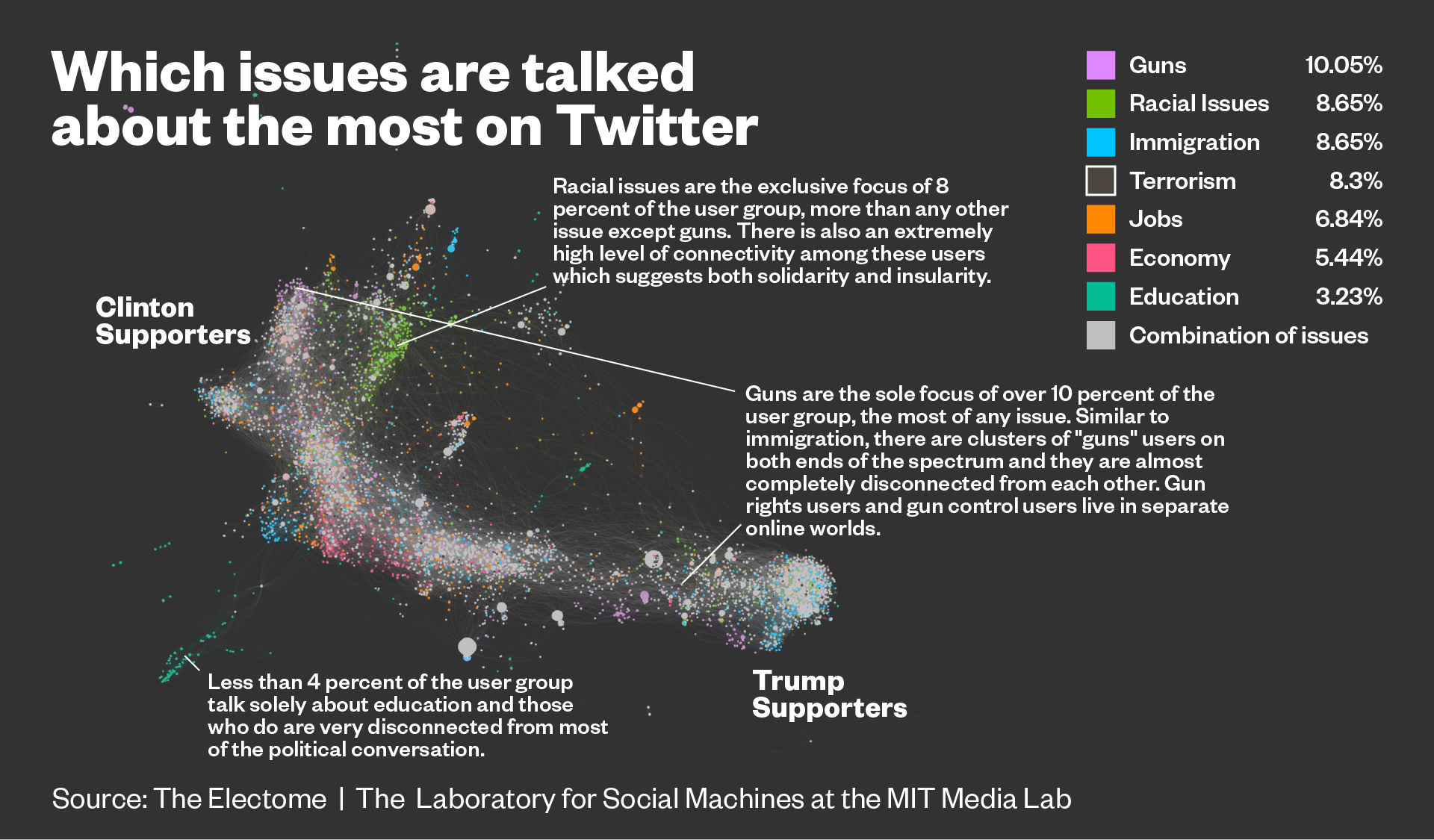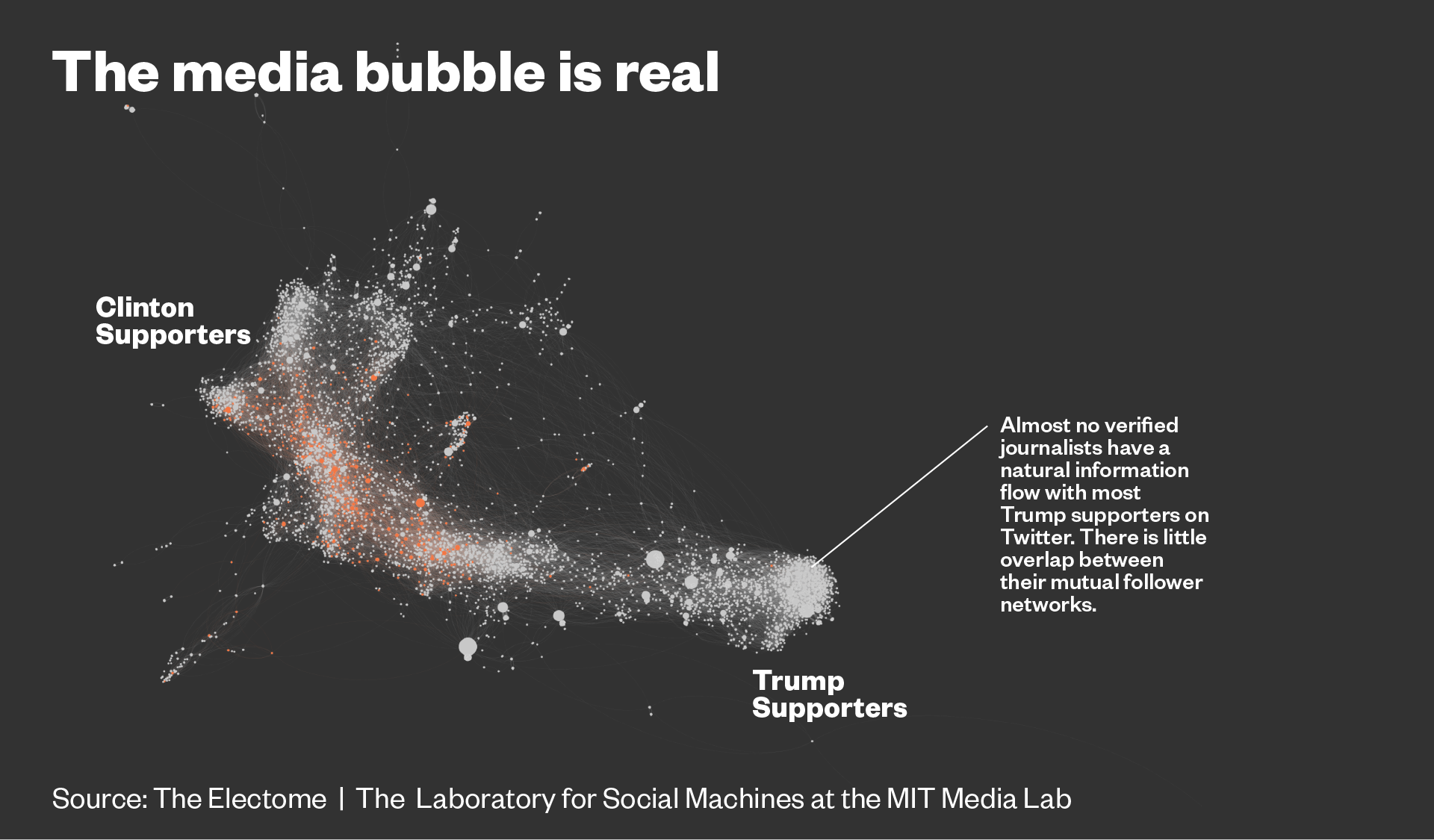This last post is really open...and meant as a kind of final reflection/discussion. We'd like you to do the following:
1) Choose one thing from this class (a text, an issue, an image, a concept, an object, a theme, a case study, etc.) that you are taking away with you from this class — something that still excites you, or bothers you, or intrigues you. Ideally, something that has changed, even in some small way, the way that you see and act in the world. Maybe go back and look at some early blogs, or review the Keywords. If all else fails, use a Poster Presentation.Examples? All our issues around WHY we should bother (or not) with critical studies of science — and how to do it right (or wrong). What's it help us to know about Earl Butz' shifts in agricultural support? Or that 'GMO free' is largely a marketing tool? Or that money, more than anything, determined some drug development? Or that regulations can be monetized? Or that we've forgotten about how many scientists really believed in spontaneous generation?
2) Describe it, briefly: what it is, and why it excites/bothers/intrigues you.
3) Reflect on what about it you are taking away from this class, and how it has (in whatever way) altered your thoughts about and actions in the world. If possible / appropriate, make reference to how the issue played out in class discussion, in the context of other topics / issues / themes / texts / concepts / cases we have been dealing with. And put some people in, if you can! Think about our colleagues--who said what, who takes a particular kind of position, who gave you a different view of things, and see if you can get their voices and presence into what you bring us. You know: Ashley's kids loving the bot-generated vids, or those 'paleo' cookies with turquoise sugar on them (eat your hearts out cavemen), or Svetlana telling us that American food is just too sweet for Chechnyans (so are we all 'sugar addicts'?). Or the nurses loving the fad diets.
.
 | |
March for Science in Washington, DC
|
3) Reflect on what about it you are taking away from this class, and how it has (in whatever way) altered your thoughts about and actions in the world. If possible / appropriate, make reference to how the issue played out in class discussion, in the context of other topics / issues / themes / texts / concepts / cases we have been dealing with. And put some people in, if you can! Think about our colleagues--who said what, who takes a particular kind of position, who gave you a different view of things, and see if you can get their voices and presence into what you bring us. You know: Ashley's kids loving the bot-generated vids, or those 'paleo' cookies with turquoise sugar on them (eat your hearts out cavemen), or Svetlana telling us that American food is just too sweet for Chechnyans (so are we all 'sugar addicts'?). Or the nurses loving the fad diets.
.

